For the most part, persons applying to Canada’s economic class immigration programmes must be allowed after passing an English or French language test.
For those applying for immigration under the economic class, the IRCC has approved a new language test. By early to mid-2023, Immigration, Refugees and Citizenship Canada (IRCC) expects to have the test in place. Currently, there are just four designated organisations: TEF and TCF for French, IELTS and CELPIP for English.
New anti-racism strategy: Canada immigration may never be the same again
The majority of Canada’s economic class immigration programmes require candidates to pass an English or French language test in order to be admitted. A person’s ability to integrate into Canadian society and the economy is largely determined by their language skills, according to research conducted by the Canadian government.
Since they are granted entry into Canada for social and humanitarian reasons, immigrants in the family and refugee classes are exempt from taking a language exam. Individuals between the ages of 18 and 54 must prove their proficiency in either English or French when seeking Canadian citizenship. They can verify their language skills in other methods that have been authorised by IRCC or by submitting the results of a language test.
Canada Visa Express Entry: Low cut-off scores boost demand
Despite some initial difficulties during the pandemic, IRCC thinks the number of certified testing organisations continues to be sufficient to meet the demand of immigrants and citizens. The IRCC must, however, seek changes due to the rising number of organisations requesting accreditation as language test providers. Currently, the designation process for an organisation is drawn out, difficult, and “insufficiently transparent”.
In the upcoming 12 months, the IRCC will look for prospective initiatives and enhancements, according to a memo. These improvements are anticipated to increase the number of organisations interested in designation if they are put into effect. IRCC is currently free to enter into as many contract agreements and possible language testing providers as it wants.
Canada to hire more workers: These skills are most in demand
The departmental tasks and responsibilities associated with language exams are not yet clearly defined and have ramifications for both policy and operations. The Immigration Branch’s language designation team at IRCC must balance file administration tasks with pursuing the new policy priorities.
Since some people believe the Canadian Language Benchmark (CLB) is excessively specific for testing purposes when compared to the Common European Framework of Reference (CEFR), IRCC is actively investigating it.
Canada extends Post-Graduation Work Permit for international students
Participants in the CEFR test receive their scores on an alphabetic scale instead of a one-to-seven scale: A1, A2, B1, B2, C1, and C2. In order to guarantee that all approved language test constructs are equal in terms of degree of difficulty and test objective, the letter states that additional research on the CLB levels is necessary.
The memo predicts increased pressure on French designated institutions to expand their testing capabilities as well as increased interest from new French testing businesses seeking designation.




